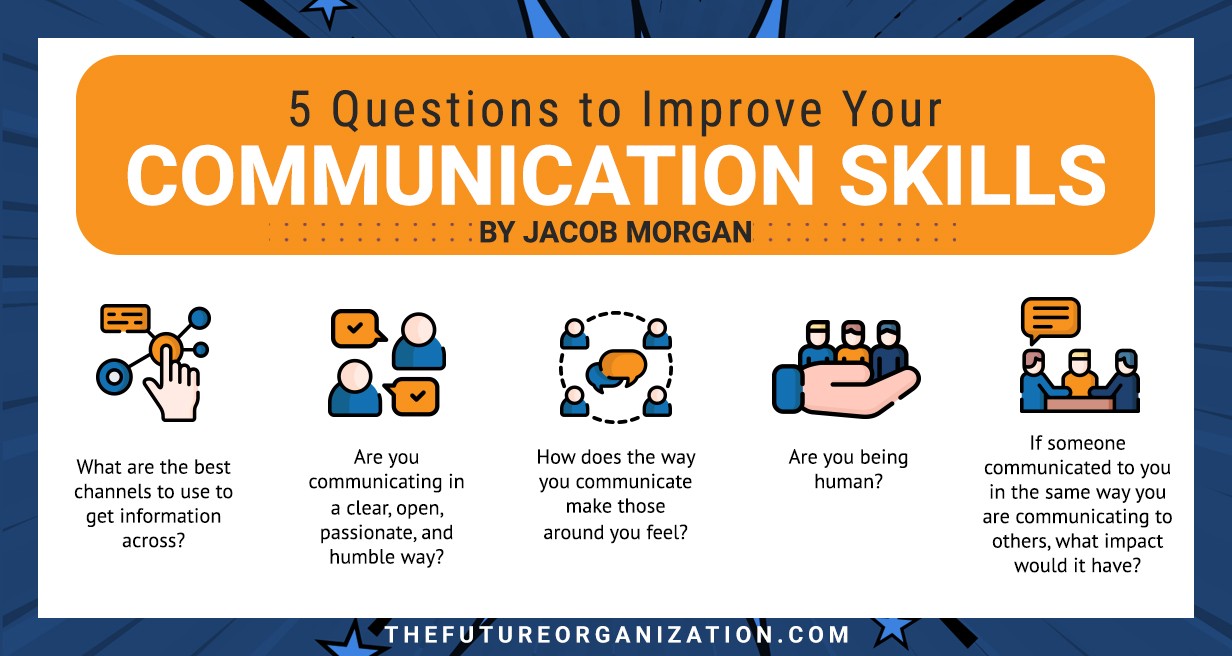Peer Children Development
Children’s development is a complex and multifaceted process that is influenced by a myriad of factors. One of the often underestimated yet crucial components of a child’s growth is peer support. Peer support refers to the positive interactions, encouragement, and assistance that children receive from their peers – those who are of similar age and developmental stage. It plays a pivotal role in shaping children’s emotional, social, cognitive, and even physical development. This article delves into the significance of peer support in children’s development, highlighting its various aspects and discussing how it contributes to their overall growth.
Social and Emotional Growth:
Interactions with peers are fundamental to the development of children’s social and emotional skills. Through peer interactions, children learn about sharing, empathy, cooperation, and conflict resolution. They experience different emotions, understand the perspectives of others, and learn to regulate their own feelings. Engaging in conversations, collaborative play, and resolving disagreements with peers provide opportunities for children to develop important life skills that contribute to their emotional intelligence and overall well-being.
Building Communication Skills:
Peer interactions greatly contribute to the development of communication skills in children. Engaging in conversations with peers helps them refine their language abilities, learn new vocabulary, and understand the nuances of communication. They learn to express themselves clearly, listen actively to others, and adapt their communication style based on the situation and the person they are interacting with. These skills not only aid in forming meaningful friendships but also serve as a foundation for success in various aspects of life.
Building effective communication skills is a critical endeavor that holds paramount importance in both personal and professional spheres. In a world characterized by rapid globalization and technological advancement, the ability to convey thoughts, ideas, and emotions clearly and persuasively has become an indispensable skill.
Communication skills encompass a diverse range of abilities, including speaking, listening, writing, and nonverbal communication. Developing these skills is essential for establishing meaningful connections, resolving conflicts, and achieving success in various domains.
One key aspect of effective communication is mastering the art of active listening. Active listening involves not only hearing the words being spoken but also understanding the underlying emotions and intentions. This skill fosters empathy, enhances relationships, and encourages open dialogue. Individuals who actively listen create an atmosphere of mutual respect and trust, enabling smoother interactions and more productive collaborations.
Another vital component of communication skills is the ability to express thoughts clearly and concisely, both in spoken and written form. Clarity in communication minimizes misunderstandings and ensures that the intended message is accurately conveyed. This skill is particularly crucial in professional settings where complex ideas often need to be communicated to diverse audiences. By organizing ideas logically and using appropriate language, individuals can effectively communicate even the most intricate concepts.
Nonverbal communication, often underestimated, also plays a pivotal role in effective communication. Facial expressions, body language, gestures, and tone of voice all contribute to the overall message being conveyed. Becoming attuned to nonverbal cues helps individuals comprehend unspoken sentiments and ensures that their own nonverbal signals are congruent with their words. For instance, maintaining eye contact and using an open posture can indicate attentiveness and receptiveness in a conversation.
In the realm of written communication, the importance of crafting well-structured and coherent messages cannot be overstated. Whether composing emails, reports, or other documents, the ability to convey information clearly can influence how ideas are perceived and received. A poorly written message can lead to confusion or misinterpretation, while a skillfully written one can garner attention and convey professionalism.
Beyond individual interactions, effective communication skills are vital for leaders and managers. Leaders must inspire and motivate their teams, and this requires not only conveying a compelling vision but also actively soliciting feedback and fostering an environment of open communication. Transparent and honest communication builds employee trust and encourages engagement, ultimately contributing to a more harmonious and productive work environment.
Furthermore, communication skills are essential when navigating conflicts and resolving disagreements. The ability to communicate assertively yet respectfully can prevent misunderstandings from escalating into larger issues. Constructive communication techniques, such as active listening, “I” statements, and finding common ground, can help de-escalate tensions and lead to mutually beneficial solutions.
Developing strong communication skills is an ongoing process that involves self-awareness, practice, and continuous improvement. Workshops, courses, and interpersonal experiences provide opportunities to refine these skills. Additionally, seeking feedback from peers, mentors, or supervisors can offer valuable insights for growth.
Building effective communication skills is a multifaceted endeavor that holds immense significance in personal, professional, and societal contexts. Mastery of these skills empowers individuals to express themselves clearly, connect with others meaningfully, and navigate the complexities of the modern world with confidence. As technology continues to reshape the way we communicate, honing these skills remains a timeless investment in personal and collective success.
Cognitive Development:
Peer support plays a vital role in cognitive development as well. When children interact with their peers, they engage in activities that require problem-solving, critical thinking, and creativity. Collaborative tasks, such as building something together or solving a puzzle, encourage children to think outside the box, consider different perspectives, and come up with innovative solutions. These experiences contribute to the development of their cognitive flexibility and enhance their ability to tackle intellectual challenges.
Cognitive development refers to the gradual and intricate process through which an individual’s intellectual abilities, thinking processes, and problem-solving skills evolve and mature over time. This multifaceted journey starts from infancy and continues throughout childhood, adolescence, and into adulthood. Cognitive development is influenced by a variety of factors, including genetics, environmental stimuli, social interactions, and personal experiences. This comprehensive process can be divided into several key stages, each characterized by distinct cognitive achievements.
Cognitive development begins in infancy, where babies rapidly acquire basic cognitive skills. Initially, they develop sensory and perceptual abilities, allowing them to make sense of their environment. As they progress, they start recognizing familiar faces, imitating gestures, and exploring objects through touch and manipulation. Piaget, a renowned developmental psychologist, proposed the Sensorimotor stage during this period, highlighting the significance of sensory experiences and motor actions in cognitive growth.
Self-Confidence and Identity Formation:
Interactions with peers are instrumental in the formation of a child’s self-confidence and identity. Positive feedback, encouragement, and acceptance from peers boost children’s self-esteem and self-worth. Being recognized and valued by their peers helps children develop a positive self-image and a sense of belonging. Furthermore, peer interactions expose children to different ideas, interests, and viewpoints, allowing them to explore and refine their own interests and identities.
Self-confidence and identity formation are integral components of human development, playing a pivotal role in shaping how individuals perceive themselves, interact with the world, and navigate life’s challenges. While self-confidence pertains to an individual’s belief in their abilities and worth, identity formation delves deeper into the multifaceted process through which one constructs a sense of self encompassing their values, beliefs, roles, and affiliations.
Cultural and Social Understanding:
Peers come from diverse backgrounds, cultures, and experiences. Interacting with peers from different backgrounds exposes children to a variety of perspectives, traditions, and values. This exposure fosters an understanding and appreciation of cultural diversity, contributing to the development of open-mindedness and tolerance. It helps children learn to navigate a culturally rich and interconnected world with respect and empathy.
Role of Play in Peer Interactions:
Play is a primary mode of interaction among children, and it serves as a powerful medium for peer support. Play allows children to experiment, create, and explore in a safe and enjoyable environment. Through play, children engage in imaginative scenarios, take on different roles, and develop their creativity. Play also provides a platform for learning and practicing social skills, such as taking turns, negotiating, and collaborating.
Play is a fundamental aspect of human development that transcends cultural boundaries and spans generations. Beyond its apparent recreational value, play holds a pivotal role in shaping various facets of a child’s growth, including cognitive, social, emotional, and physical development. When considering the realm of peer interactions, play emerges as a potent tool that fosters communication skills, empathy, conflict resolution abilities, and the establishment of meaningful relationships. This essay delves into the multifaceted role of play in facilitating and enriching peer interactions.
At its core, play acts as a bridge that connects children with their peers, transcending linguistic and cultural differences. Through play, children create shared experiences, allowing them to establish common ground and build connections. This shared engagement forms the foundation for developing essential social skills such as cooperation, negotiation, and compromise. Whether engaged in imaginative scenarios or team sports, children learn the value of working collaboratively, an essential skill for successful peer interactions. The structured yet flexible nature of play offers children the freedom to express themselves and understand others in an environment conducive to learning and growth.
Furthermore, play serves as a medium for developing and refining communication skills. Children naturally gravitate toward play, often using it as a means to experiment with language and gestures. In collaborative play, negotiation and planning are crucial, necessitating effective communication to achieve common goals. Through trial and error, children learn to convey their thoughts, actively listen to peers, and adapt their communication style based on their audience. These skills are transferable to various social contexts, enhancing their ability to articulate ideas, empathize with others, and navigate complex social dynamics.
In the realm of peer interactions, play also becomes a canvas for exploring emotions and building empathy. Pretend play, for instance, encourages children to step into different roles, fostering a deeper understanding of diverse perspectives. As children engage in imaginative scenarios, they encounter emotional challenges akin to real-life situations. This provides a safe space to process emotions, comprehend others’ feelings, and develop empathy—a critical component of meaningful peer relationships. Moreover, play allows children to practice emotional regulation as they learn to manage excitement, frustration, and disappointment, thus contributing to smoother peer interactions.
The intrinsic link between play and conflict resolution skills cannot be overlooked. In the course of play, disagreements and differences of opinion inevitably arise. Children must then navigate these situations, learning to voice their concerns, negotiate, and arrive at mutually agreeable solutions. This process lays the groundwork for conflict resolution abilities that extend beyond play and into their interactions with peers. By experiencing disagreements in a controlled environment, children gain the skills to address conflicts constructively, fostering more harmonious relationships and enhancing their social competence.
The role of play in peer interactions is a multifaceted and indispensable one. Through play, children learn to collaborate, communicate, empathize, and resolve conflicts skills that are pivotal for establishing meaningful connections with their peers. Play provides a platform for shared experiences, where children learn to understand and appreciate differences while developing the essential tools for navigating the complexities of social interactions. As educators, parents, and caregivers, recognizing and supporting the importance of play in peer interactions can profoundly impact children’s holistic development and equip them with skills that will benefit them throughout their lives.
Challenges and Learning Opportunities:
While peer support offers numerous benefits, it also presents challenges that contribute to a child’s growth. Challenges such as conflicts, disagreements, and competition are inherent to peer interactions. These challenges provide children with opportunities to learn how to manage their emotions, communicate effectively, and find mutually agreeable solutions. Navigating through such challenges equips children with valuable life skills that are essential for healthy relationships and personal development.
Educational Implications:
Recognizing the significance of peer support has important implications for educators and parents. Educational settings should be designed to facilitate positive peer interactions, allowing children to engage in group activities, discussions, and collaborative projects. Encouraging teamwork, fostering an inclusive environment, and teaching conflict resolution strategies can empower children to develop strong peer relationships and enhance their learning experience.
Conclusion:
Peer support is undeniably a key factor in children’s development. The interactions and relationships they form with their peers contribute to their social, emotional, cognitive, and cultural growth. These interactions provide a platform for learning essential life skills, fostering self-confidence, and shaping their identities. Parents, educators, and caregivers play a crucial role in creating an environment that encourages positive peer interactions, ultimately paving the way for children to become well-rounded individuals who are equipped to navigate the complexities of the world with empathy, confidence, and resilience.




